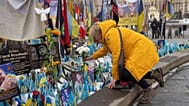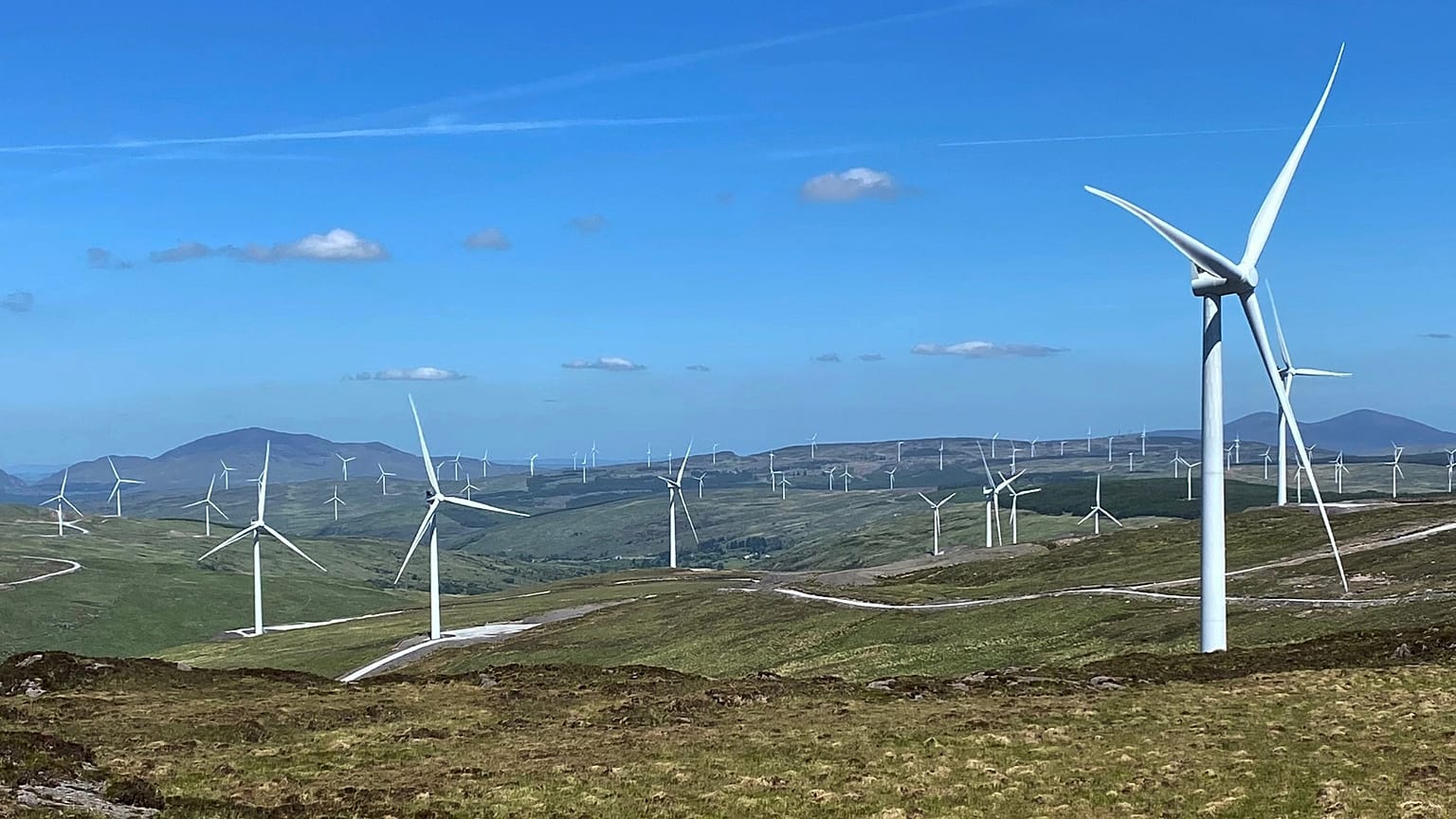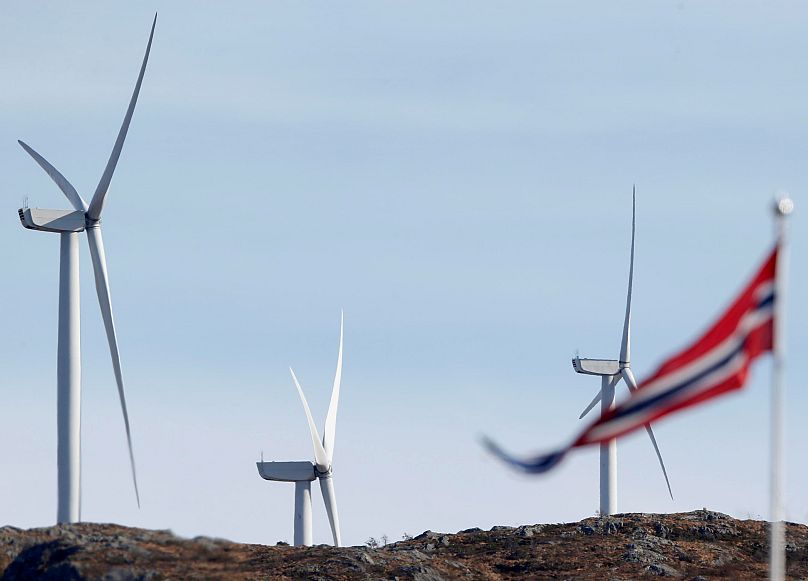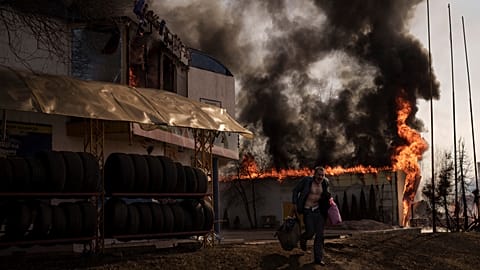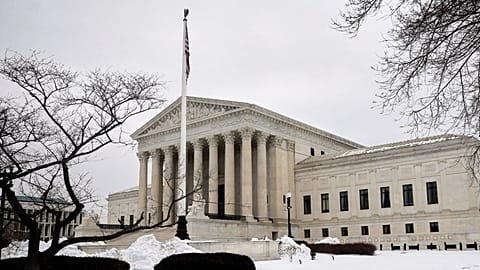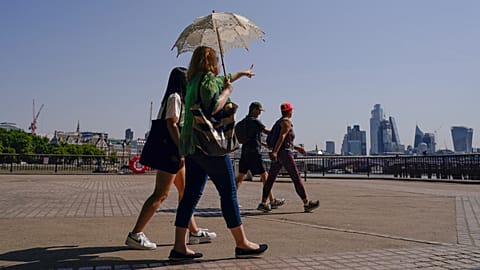The claims were supplied under a Europe-wide scheme that allows energy companies to buy renewable power certificates.
Electricity companies in Ireland are misleading consumers with claims they supply 100 per cent renewable energy, an advertising watchdog has found.
 ADVERTISEMENT
ADVERTISEMENT
 ADVERTISEMENT
ADVERTISEMENT
The Advertising Standards Authority of Ireland (ASAI) investigated 100 per cent renewable energy claims, that are used across the industry, in adverts from energy firm Energia. It upheld the complaint made by Sinn Féin Senator Lynn Boylan.
“Activists and campaigners have been sounding the alarm bell about bogus claims of ‘100 per cent renewable energy’ for years," says Senator Boylan.
"People trying to do the right thing are unwittingly supporting fossil fuels when they’re buying supposedly green products."
Why are the renewable power claims 'misleading'?
Ireland only has enough wind and solar power to supply between 30 and 40 per cent of the country's electricity needs. This means customers who are signed up for 100 per cent renewable plans are still receiving energy from oil, gas, coal and peat.
But companies can still claim they are providing 100 per cent renewables due to a Europe-wide scheme known as Guarantees of Origin (GO).
They allow countries to make up for their lack of green energy with certificates bought from renewable power companies in other countries.
Most GOs bought in Ireland come from Norway. But there is no energy link between Norway and Ireland meaning that renewable power can’t be used in the country.
The EU Renewable Energy Directive and Irish legislation permit the use of GOs.
Though using GOs is legal and overseen by the energy regulator in Ireland, ASAI found claims companies were supplying 100 per cent renewable power were misleading to customers.
The advertising watchdog said six sections of its advertiser's code of conduct had been broken including one section that says "advertisers should not exploit the credulity, inexperience or lack of knowledge of consumers".
Energia rejected the complaint, citing the legitimacy of the GO scheme and says it is working with ASAI on messaging in adverts.
“If a company had gone rogue and broken the rules to exaggerate their green claims, that would be one thing," says Senator Boylan.
"But here, the regulator said the company followed all the rules and the ASAI still said it was greenwashing."
Why are the Irish advertising watchdog's findings significant?
Senator Boylan says the ASAI's findings are groundbreaking because they not only reveal a big electricity company was engaging in greenwashing but that it did so by following rules around GOs.
“The ASAI report calls into question the validity of the whole regulatory system governing how renewable energy gets reported," she explains.
"The system of reporting comes from the EU Renewable Energy Directives and flows down to national legislation, energy regulators and energy providers in every country of the EU."
With people keen to do the right thing and support renewable energy Boylan says a robust system of certification is needed - "so we can rest assured electricity that is marketed as renewable really is".
“In the meantime, I think a ban on advertising fossil fuel products including electricity from fossil fuels - should be a matter of urgency.”




